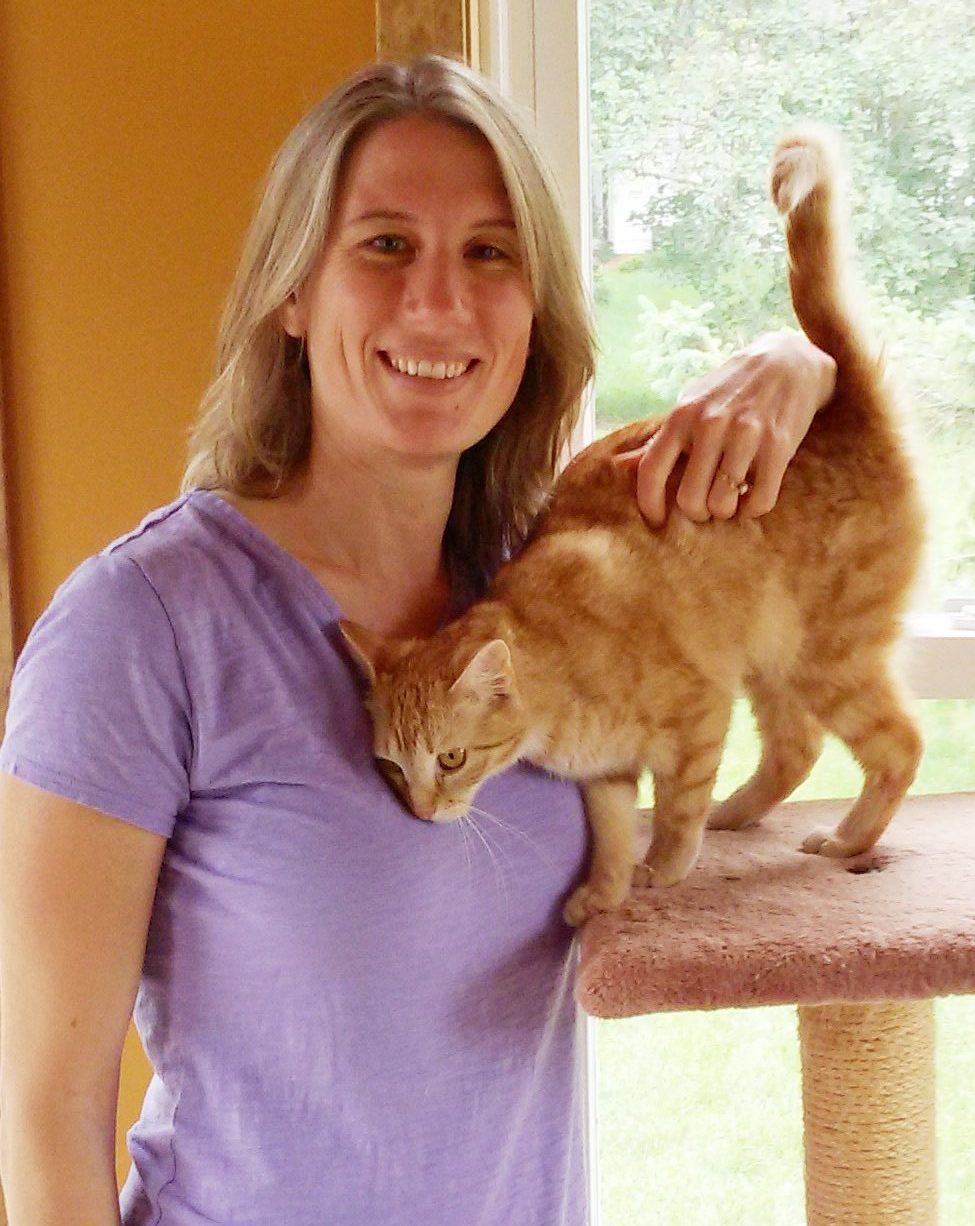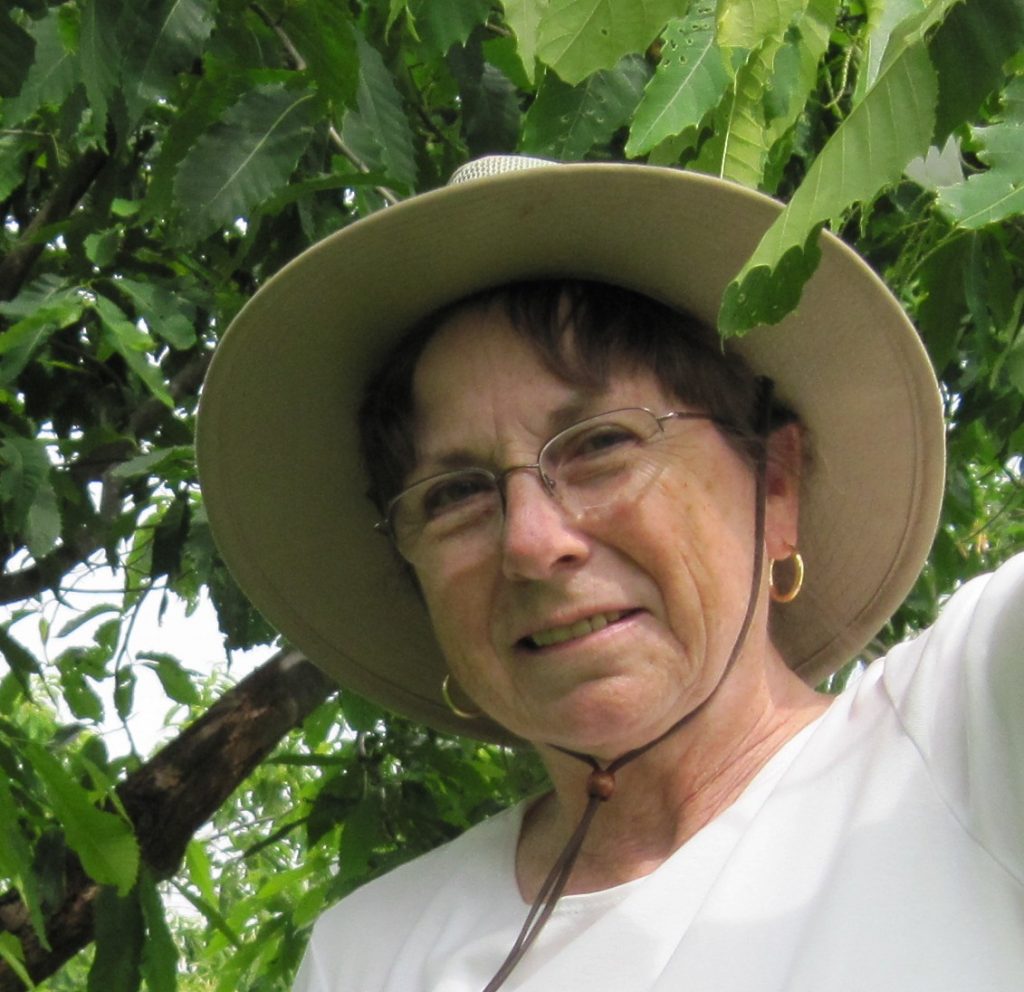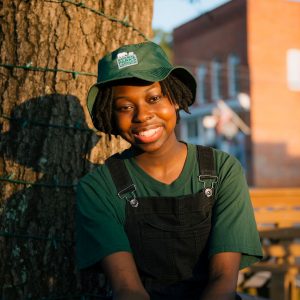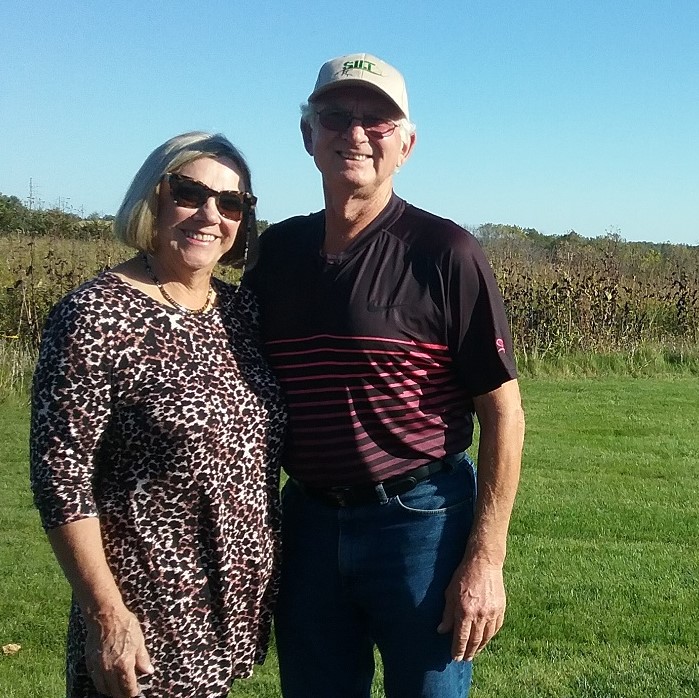While the local food movement grows in Iowa, the source of that food is in danger.
- Iowa is losing 25 acres of farmland each day to development – precisely the land our market farmers need.
- Every year, we allow up to 5 tons of top soil per acre to blow or wash away.
- Iowa suffers some of the worst water quality in the country. We are the No. 1 contributor to the algae bloom in the Gulf of Mexico.
- We import more than 90 percent of our food from out of state.
- More than 90 percent of our fruit and nut production and nearly 80 percent of our vegetable production in the country happens in counties threatened by development
- Iowa’s volatile land prices are driving young people away from their dream of becoming fruit and vegetable farmers.
Our natural environment has taught us that diversity builds resilience. The leaders of the Sustainable Iowa Land Trust believe we can build more resilient Iowa communities through diversity in our farming landscape, our economy and our food supply.
Please contact us today about how you can help turn the tide in Iowa, before it’s too late.
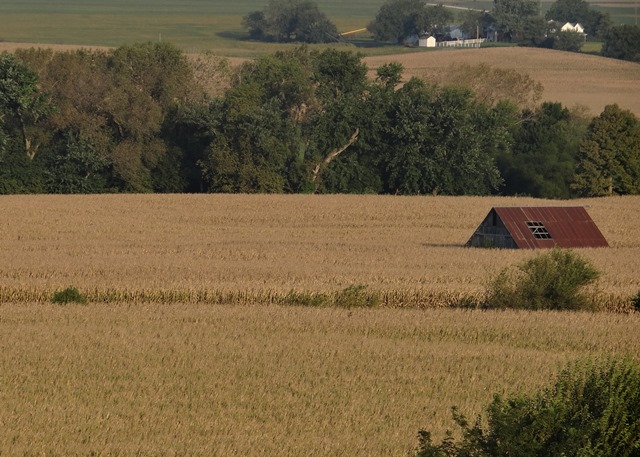
“We all know there are young farmers who are only held back due to land prices being a nearly impossible hurdle…We don’t want to see decades of work be undone by seeing the land swallowed up by mega corporations, sold to the highest bidder… I couldn’t be happier that someone had the foresight to create such a trust.” Daughter of Land Donors Lyle and Sue Luzum
“Soils are made up of three different parts. Sands, silts and clays. We all know sands can’t do much on their own. If you garden, you don’t want just clays. What you want is that thing in the middle that binds us all together. That’s SILT.” The late Paul Johnson, Former Chief of the National Resources Conservation Service, former legislator
“There’s no need to wait to work on the ideas of systemic change. There’s an organization right in Iowa leading the charge: SILT. I do hope you’ll consider joining SILT in their charge to spread the vision of sustainable organic farming in Iowa, which you can do by becoming a member.” Raj Patel, Author and Activist
My family were all farmers, and cared for the land and the impact that their choices had on the community. I found SILT, preserving valuable land and people who cared about the products that the land could produce for the good of the community and the world. The future of farming in the U.S. will be shaped by people with the vision to make it better. Sandra Anagnostakis, Emeritus Agricultural Scientist, Donor
“We grew up with a land conservation ethic and were taught to leave the land better than we found it. By protecting these farms with SILT’s help, we hope to conserve Iowa’s precious topsoil and water for future generations to produce healthy food. We are also pleased that the SILT easements make the land more affordable for younger farmers.” Beth Henning, Easement Donor
One of the most important things I’ve learned at SILT is how to work efficiently within a team, and really apply skills and information learned to everyday tasks at SILT. I think one of the large takeaways is that regardless of our agricultural and local food goals, people are at the center of SILT. Building a continuous relationship with landowners, staff, and donors and being invested in their pursuits as a whole is why I think the organisation is so successful. Being the first intern at such a new and growing organisation, the level of structure and care the work environment has is a pleasant surprise among many.
“This is for the future. It’s to help protect the watershed. And it’s one way to get back to small farming. We want to help and encourage young farmers to get started. We believe SILT provides a way to make this happen.” Ron and Karlene Humpal, Land Donors

